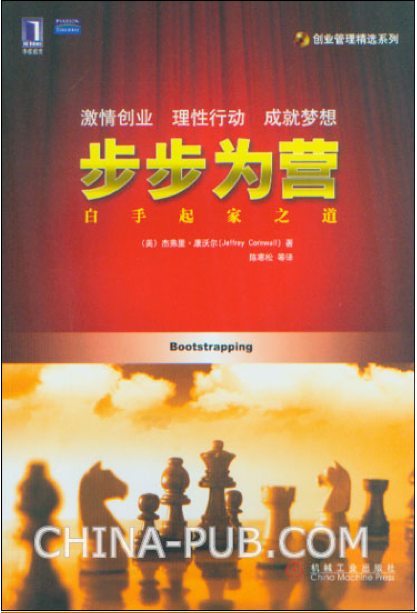Just like in real estate, we are in a buyers market for the sale of existing businesses.
The demand for buying businesses has weakened as the recession has lingered, while the increasing number of distressed small businesses has created a surplus of owners ready to sell.
Even when the economy recovers, we can expect conditions to continue to favor business buyers as baby boomer entrepreneurs look to exit or cash out of their businesses to fund retirement.
Scott Hill, managing partner of Peer Business Group in Brentwood, offers five key steps, if you are in the market to purchase an existing business.
First, carefully evaluate the impact of owning a particular business on your family’s lifestyle and finances. Evaluate the income and wealth risks by working through worst-case scenarios.
Hill suggests you ask questions such as, “What are my own and my family’s lifestyle priorities, and how will the demands of the new business affect what we have been accustomed to?”
And “beyond the investment, down payment and debt obligations, how many months can I survive if the business cannot pay me for a period of time?”
Hill also recommends that you talk about the risks honestly and clearly with your family to make sure everyone is 100 percent behind buying the business.
Second, ask the owner detailed questions about his or her daily activities. Shadow him or her to get a true understanding of the actual role the owner plays in the business. Determine whether the duties of the owner are consistent with your own priorities, lifestyle and values.
Third, take a critical look at the business and try to uncover any red flags. Never evaluate a business from a perspective that simply reaffirms your desire to buy it.
Hill advises: “Some red flags are really no big deal. But some are deal killers.” Make sure you uncover and discuss potential problems before you buy.
Fourth, make sure you have enough cash to support the business. “Ideally, you shouldn’t buy a business unless you have at least an extra 10 percent set aside for working capital or as an emergency fund.”
Statistics say the buyer can expect as much as a 15 percent reduction in sales after the purchase. The more cash you have, the better the cushion, Hill says.
Finally, make sure to work with experts when buying a business. That includes not only a buyer’s broker, but also an attorney and certified public accountant who are experienced at business acquisitions.
A challenge you will face is that owners often place unrealistic values on their own businesses. Experts familiar with buying and selling can help determine a realistic valuation.
Scott Hill’s firm has a buyers resources page filled with tools and information at this Web site: www.peerbusinessgroup.com/buyerresources.html.
(From my column this week in the Tennessean).


